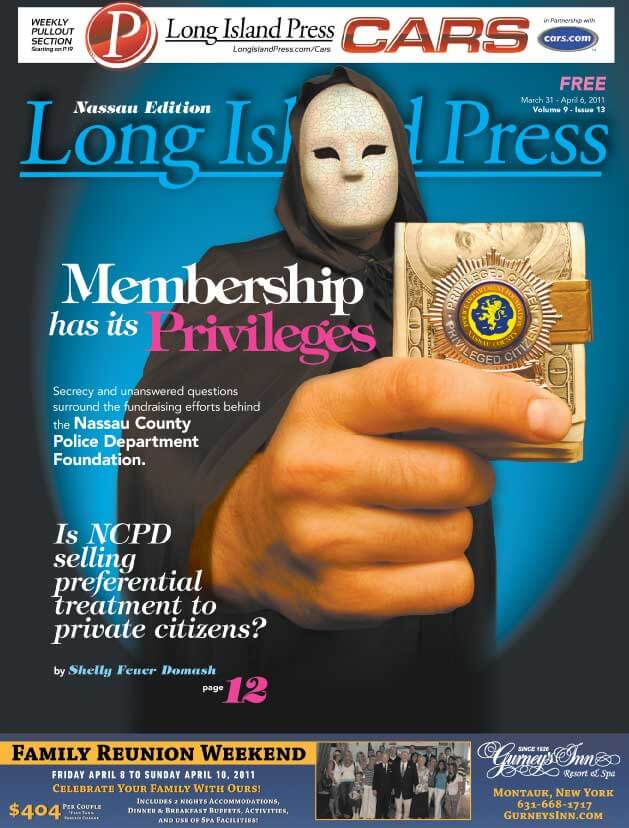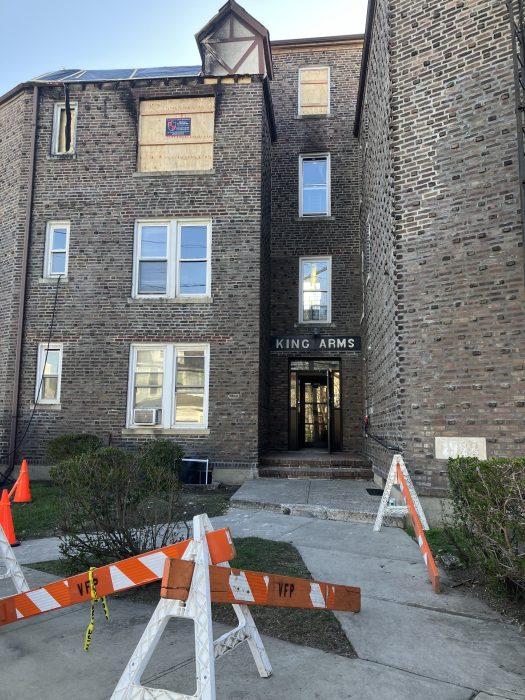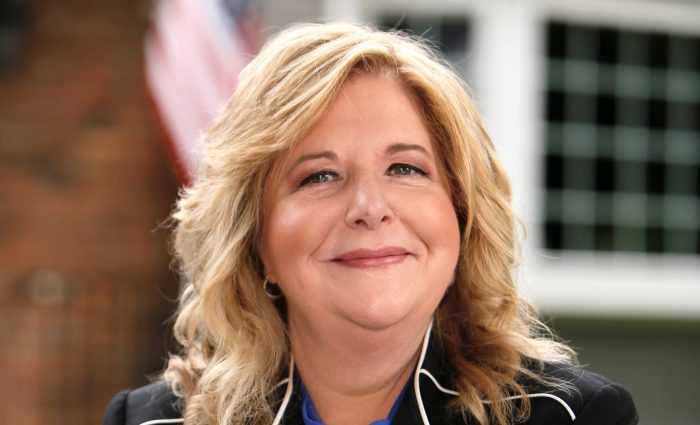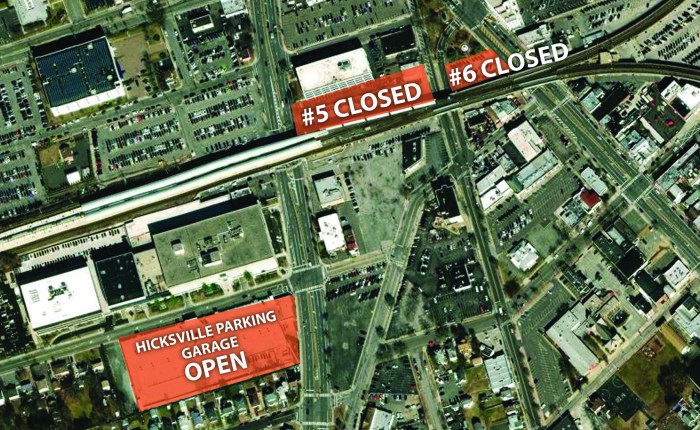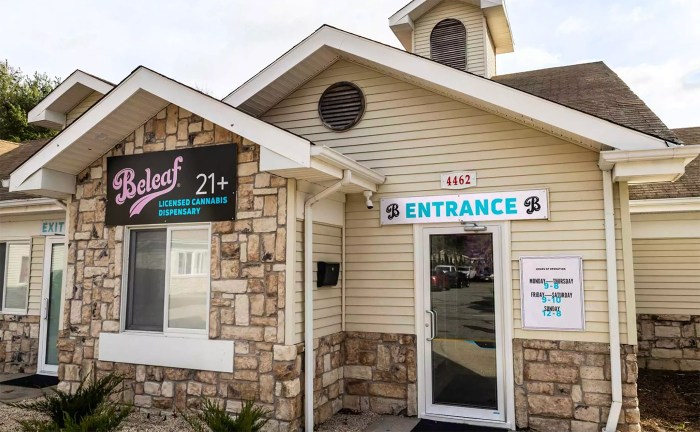
On May 19, 2009, Nassau County’s Seventh Police Precinct received a report of a break in at John F. Kennedy High School in Bellmore. More than $3,000 worth of electronic equipment was stolen from its auditorium.
The case appeared open-and-shut: Surveillance video caught a student near the auditorium afterhours during the exact time of the theft. School employees reported witnessing the same student attempting to gain access to a restricted area at the school. An acquaintance of the student surrendered some of the stolen goods to the police, telling authorities his friend had given them to him.
Yet despite the compelling evidence, three independent sources within the Nassau County Police Department with privileged knowledge of the case’s inner details—who spoke with the Press on the condition of anonymity because they are barred from commenting on ongoing investigations—tell the Press the student, though identified, was never arrested. His father is a business associate of a little-known nonprofit organization called the Nassau County Police Department Foundation.
It’s no coincidence, the Press has learned. Internal police documents reviewed by the Press and interviews with more than a dozen current and former active and retired police officers, detectives and senior Nassau police officials outline a program that could reward the group’s members through preferential treatment that experts classify as questionable and unethical at best; pushing the limits of the very laws they were sworn to enforce at worst.
UPDATED STORY: Long Island Press investigation leads to indictment of three top Nassau County cops.
The foundation’s stated mission, according to its bylaws, is the establishment of a “public/private partnership that will provide the financial support to build and maintain a new, state of the art Police Academy,” dubbed the Nassau County Center for Law Enforcement Training and Intelligence and, according to its website, to be located on 14 acres at Nassau Community College in Garden City. Yet, these current and former Nassau police officials—many of whom only spoke only on the condition of anonymity for this story due to their respect for the department and their fear of retaliation—allege that what has been operating under the flag of a means of raising much needed funds during a tough economy may be a vehicle of rewarding contributors who can buy influence within the department.
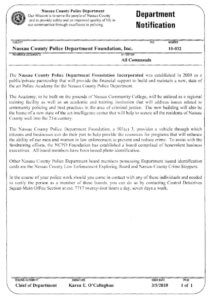
The foundation’s architect, also its co-founder, is no less than outgoing, recently retired, embattled Nassau County Police Commissioner Lawrence Mulvey, who leaves the position April 1. Mulvey’s has announced he’ll be postponing his eventual retirement to property he owns in South Carolina to focus more on foundation efforts. His leaving comes amid repeated calls and stifled information and interview requests by the Press for data on the specifics of the program, the nonprofit, its members and his involvement and use of asset forfeiture funds—monies and properties seized from illegal activities.
Mulvey’s departure also comes during the still-unfolding controversy surrounding Nassau’s police crime laboratory, which county officials ordered shut down last month after gross deficiencies were discovered, first announced in a December report issued by a national accreditation agency. New York State Gov. Andrew Cuomo recently appointed the state inspector general to conduct an investigation into the lab. More than 9,000 drug-related cases based on lab work at the site are potentially at risk, with up to 3,000 felony drug cases currently slated to be re-tested. In addition, the blood-alcohol-content paperwork of about 1,000 drunken driving cases dating back to January 2006 is also being reviewed. Mix-ups of DWI case paperwork prompted a judge to order a retrial in a Hicksville woman’s case on March 7.
That ruling is expected to lead to hundreds, if not thousands, of appeals.




